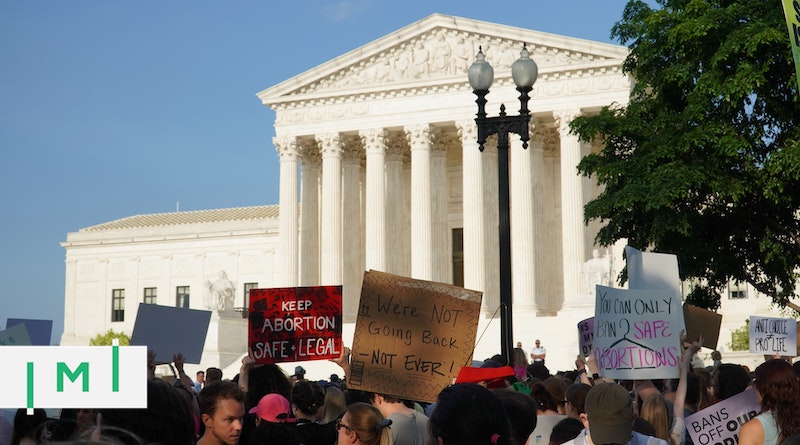SCOTUS Abortion Decision Drives Gush of US-Based Investment Migration Inquiries
Beyond setting off a fierce public debate in the US, the Supreme Court’s June 24th decision to overturn Roe v Wade has pushed a larger-than-usual number of Americans off the fence and into action as regards their investment migration plans, according to several service providers.
“Just a day after the decision, two US-based couples with whom we had been discussing various options for a long time reached out and basically said ‘OK, let’s do this’, telling us the Supreme Court decision had been the straw that broke the camel’s back for them,” says Latitude CEO Eric Major.
Overall, he estimates US client inquiries and signups in the last month were “at least 25% above what we would otherwise have recorded this time of year.”
Major tempers his remarks by pointing out he doesn’t believe this particular event in itself will have a sustained effect on US demand for RCBI programs. “It’s just another blip”, he explains, comparable to what happens during weeks of mass shootings and similar events that make Americans question the direction in which their country is going. “But it’s another blip added to a long line of blips that, in concert, drive increasing US interest in mobility and settlement options.
“For these particular clients, the Supreme Court decision was the culmination of a series of little drops in the bucket. For others, it’s been school shootings, January 6th hearings, BLM riots, and so on.”
The “smart capital” is getting their mobility options sorted now; the mass affluent are next
Major, whose career in investment migration spans three decades, says what he’s now seeing in the US market reminds him of Hong Kong in the years leading up to 1997 and the city state’s return to Mainland authority.
“Just like we observed in Hong Kong in the late ’80s and early ’90s, the smart capital in the US, the seasoned business people with big fortunes who anticipate events years ahead, are making their moves now. But this is just the beginning; the mass affluent will come later.”
David Lesperance of Lesperance & Associates, says the SCOTUS decision had an immediate effect on his US client inquiry volume. Since the ruling was announced, he says, “I’ve been receiving about a dozen inquiries a day, up from the one or two US-based inquiries I typically get daily.”
Questioned as to how the magnitude of this particular event compares to other trigger-events, like election results, in terms of inquiry volume, Lesperance says “given the number of inquires I am receiving, I think it is safe to say that the SCOTUS decision regarding abortion is fundamentally different to past election outcomes. For starters, the impact of this decision is known, profound and immediate. Elections only raise concerns of what a given politician might do in the future. Secondly, this decision foreshadows pending challenges on the right to contraception, same-sex consensual sexual relations, and same-sex marriage.”
Major, similarly, has the impression that it’s a general fear of judiciary-driven challenges to what the United States is that is causing Americans to question their future, rather than any individual Supreme Court ruling.
“The sentiment US clients are expressing is something like ‘what kind of system do we live in where constitutional rights established almost 50 years ago are suddenly overturned?’. They are wondering which of the other rights they take for granted are now potentially reversible,” illustrates Major.
Rogelio Caceres, CEO of Miami-based investment migration specialists Global RCG and himself a US citizen indicates the decision was a shock to many, including himself, and that it sent inquiry volume higher than ever.
“As it turns out, the US became one of only four countries to remove protections for legal abortion in the last 25 years. It’s a new low and, therefore, I’m not surprised our inbound lead count hit an all-time high over the weekend.”
Characterizing the move as “unprecedented”, he indicates he struggles to understand why SCOTUS would reverse its 1973 decision even as public support remains firmly on the side of the original Roe v Wade case.
Like Major and Lesperance, he highlights that what the decision implies and portends is likely a bigger factor in US investor migrant sentiment than the decision considered in isolation:
“It indicates a potential for future rights that might come under assault under this new court.”
Christian Henrik Nesheim is the founder and editor of Investment Migration Insider, the #1 magazine – online or offline – for residency and citizenship by investment. He is an internationally recognized expert, speaker, documentary producer, and writer on the subject of investment migration, whose work is cited in the Economist, Bloomberg, Fortune, Forbes, Newsweek, and Business Insider. Norwegian by birth, Christian has spent the last 16 years in the United States, China, Spain, and Portugal.



